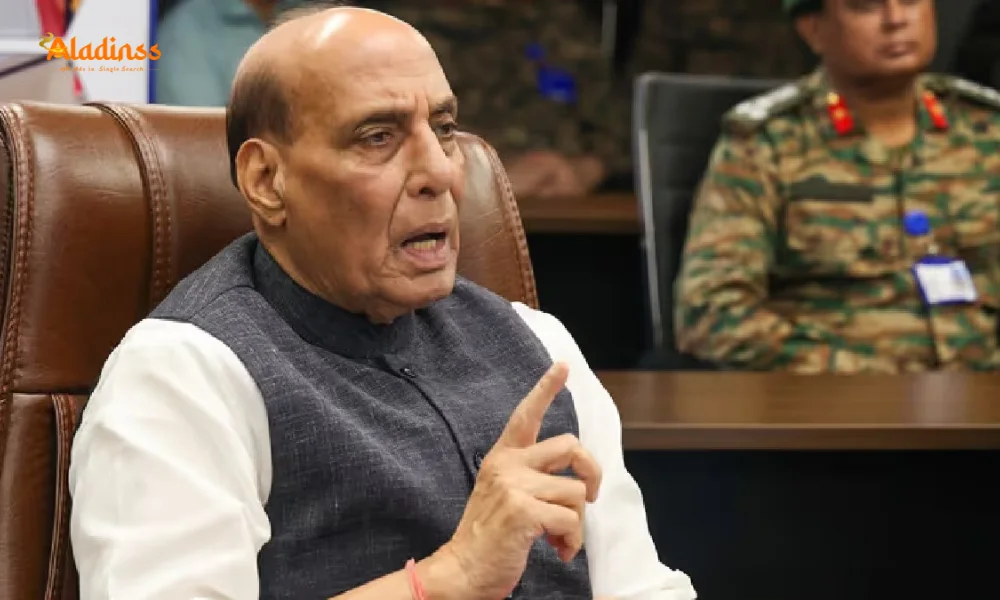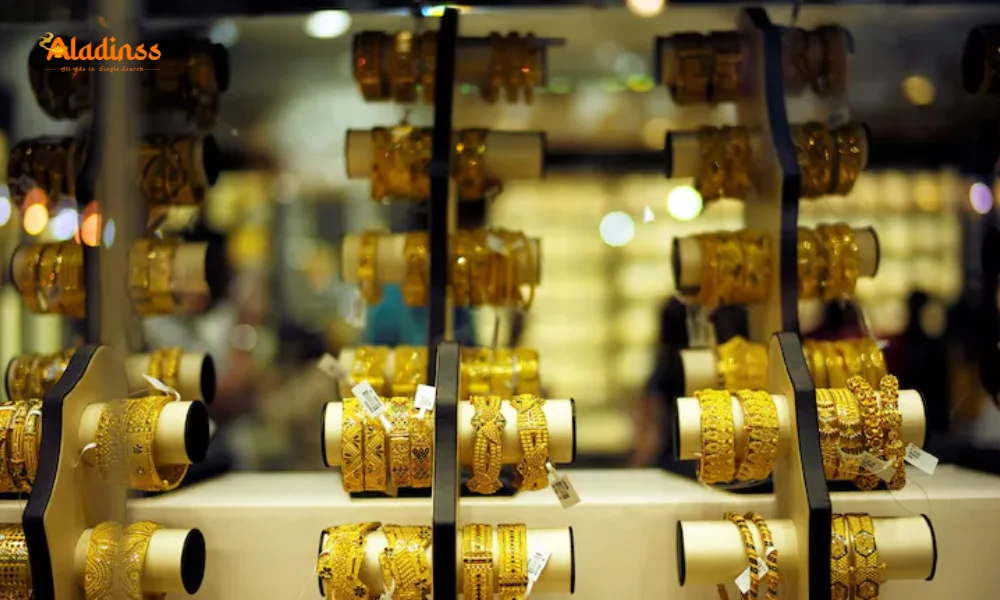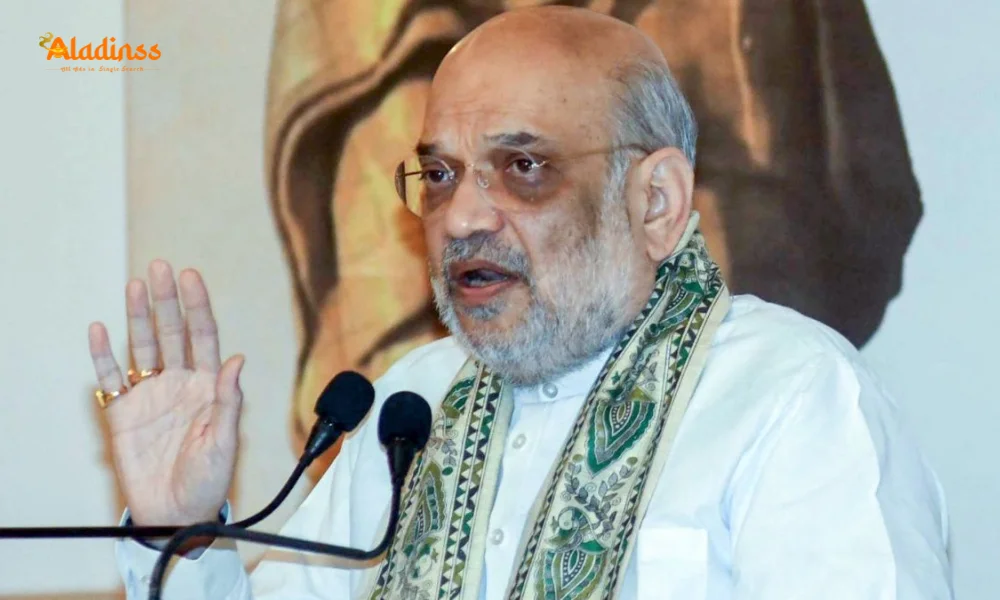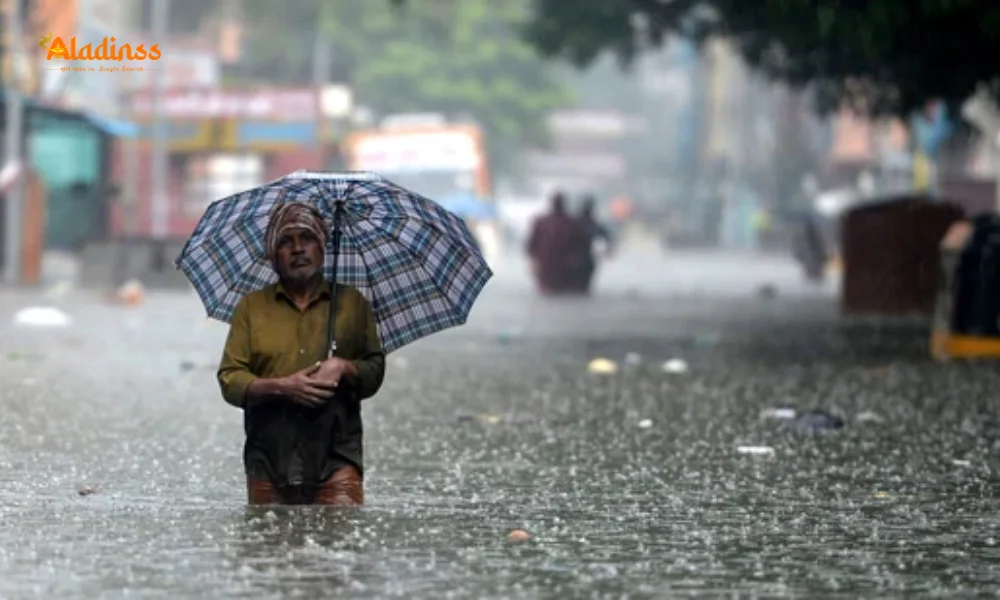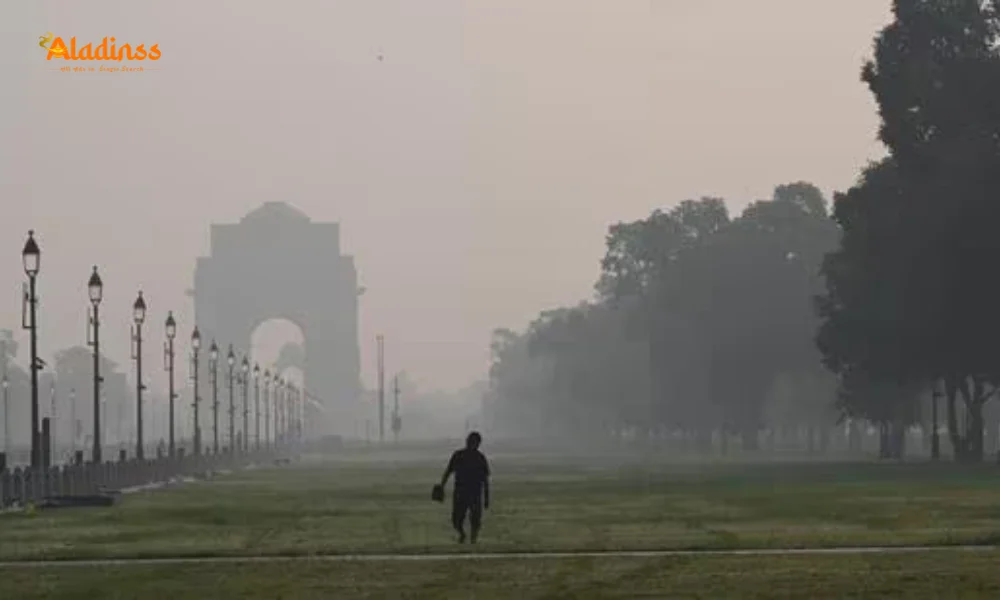King Charles Strips Prince Andrew of Royal Titles and Evicts Him from Royal Lodge
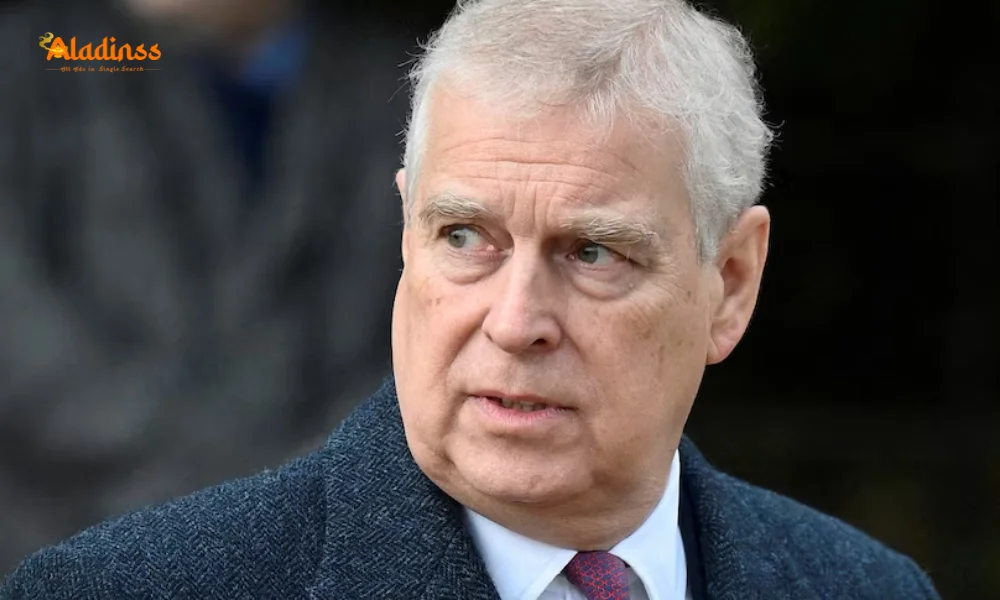
King Charles Strips Prince Andrew of Royal Titles and Evicts Him from Royal Lodge
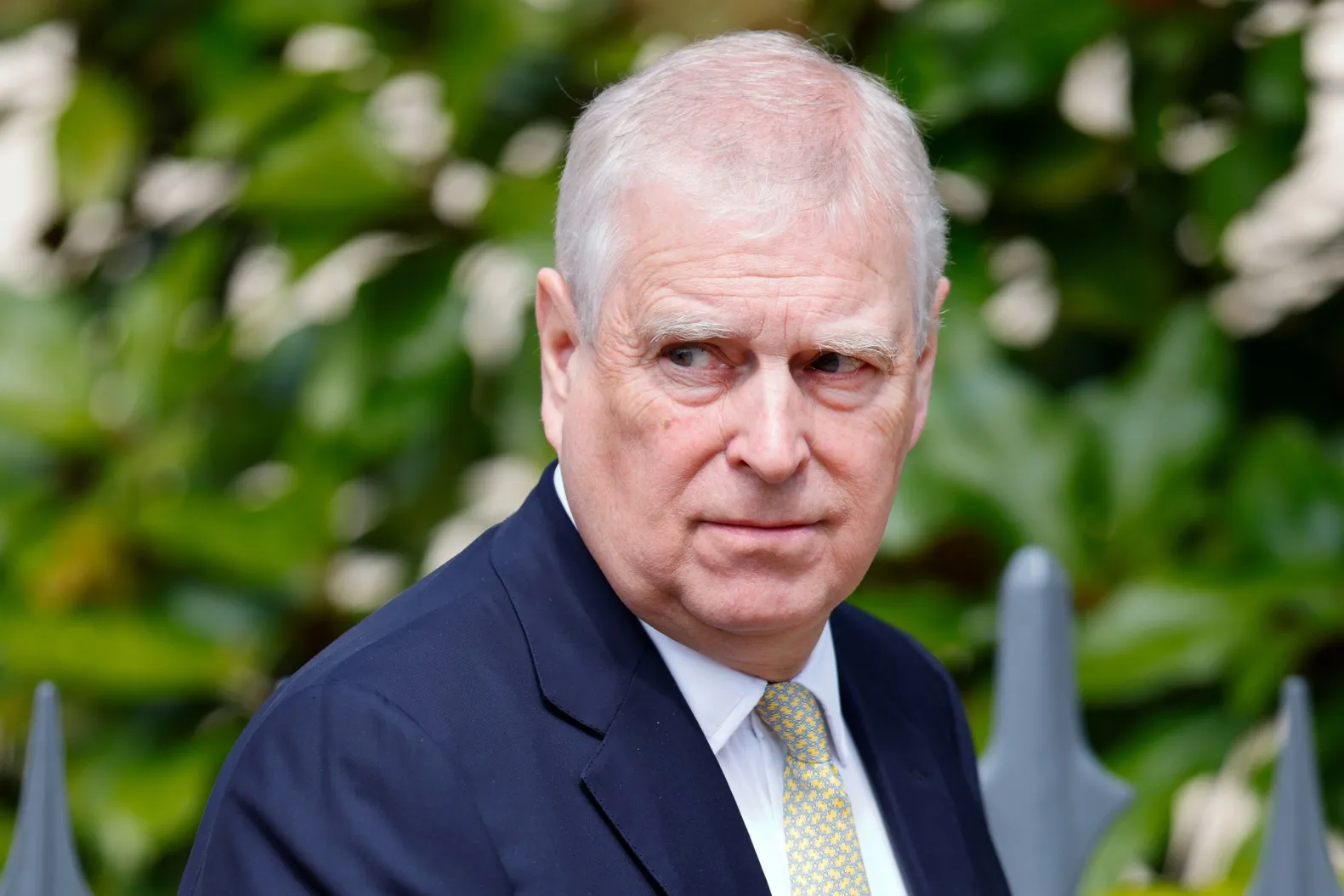
London, Thursday: In a historic and unprecedented move, King Charles has formally stripped his brother Prince Andrew of his royal titles, including the prestigious 'Prince' designation, effectively renaming him Andrew Mountbatten Windsor. Buckingham Palace announced the decision, citing ongoing controversies surrounding Andrew's association with convicted sex offender Jeffrey Epstein. The King has also served notice for Andrew to vacate the grand Royal Lodge mansion, marking a complete severance from royal privileges.
The palace statement emphasized that the measures were necessary due to "serious lapses in judgment," despite Andrew's repeated denials of wrongdoing. This Prince Andrew title stripped action comes amid renewed public outrage and fresh allegations in Virginia Giuffre's memoir. Andrew, once eighth in line to the throne, will retain his position in the line of succession but lose all stylistic honors and residential protections previously afforded by the Crown.
The decision, described by royal historians as "brutal" in its language, reflects mounting pressure on the monarchy to address the Epstein scandal decisively. Andrew has not contested the King's actions and had voluntarily relinquished some titles earlier in October. His ex-wife Sarah Ferguson has also reverted to her maiden name, signaling the end of an era for the York family within royal circles.
Titles Removed: From Prince to Commoner Status
King Charles has initiated formal proceedings to remove multiple titles from Andrew. The Prince Andrew title stripped list includes:
- Prince – The core royal designation
- Duke of York
- Earl of Inverness
- Baron Killyleagh
- His Royal Highness (HRH) style
- Knight Grand Cross of the Royal Victorian Order
- Order of the Garter honors
The process requires the King to correspond with Lord Chancellor David Lammy for official parliamentary approval. Andrew had preemptively stopped using the Duke of York title on October 17, stating that continued accusations were distracting from royal duties. However, this latest action makes the removal permanent and irreversible.
Importantly, Princesses Beatrice and Eugenie retain their titles under King George V's 1917 Letters Patent, as daughters of a sovereign's son. Sarah Ferguson, previously Duchess of York, now uses her maiden name following the Duke title's revocation. The changes do not apply retrospectively to official records like birth certificates.
Eviction from Royal Lodge: End of an Era
Beyond titles, King Charles has terminated Andrew's lease on the 30-room Royal Lodge in Windsor Great Park. The property, where Andrew has lived since 2003, provided legal protection through a 75-year lease signed with the Crown Estate. Formal notice to surrender has been issued, with relocation expected "as soon as practicable."
Andrew will move to the Sandringham Estate in Norfolk, spanning 20,000 acres with extensive gardens and multiple residences. While the exact property remains undisclosed, the King will privately fund the accommodation. Sarah Ferguson, 66, must also vacate Royal Lodge and arrange independent living.
The eviction ends Andrew's association with one of Windsor's most prestigious homes, previously occupied by the Queen Mother. Security arrangements, previously funded by taxpayers at £3 million annually, will now be privately financed or reduced significantly.
Epstein Scandal: The Catalyst for Action
The Prince Andrew Epstein scandal continues to haunt the royal family. Virginia Giuffre's posthumous memoir "Nobody's Girl" reiterates claims of being trafficked to Andrew on three occasions as a teenager. Though Andrew settled a civil lawsuit in 2022 for an undisclosed sum and denies all allegations, fresh evidence has intensified scrutiny.
Resurfaced 2011 emails suggest Andrew maintained contact with Epstein months after claiming to have cut ties. These revelations, combined with public protests—including heckling during the King's recent engagements—forced decisive action. The palace statement expressed "utmost sympathies" with abuse victims, signaling institutional acknowledgment of the damage caused.
Andrew's 2019 Newsnight interview, where he failed to express sympathy for Epstein's victims, remains a public relations disaster. The BBC documentary "The Prince and the Epstein Scandal" further eroded public trust. With approval ratings for the monarchy at risk, King Charles could no longer delay action.
Prince William's Influence: Future King's Push
Royal correspondent Jennie Bond revealed that Prince William likely advocated for the harsh measures. With William preparing for a high-profile Brazil tour and the King returning from the Vatican, Andrew's scandal threatened to overshadow key engagements. "William was probably pushing for the King to draw this line," Bond stated.
The Prince of Wales, conscious of his future role, has long distanced himself from his uncle. Reports suggest William refused to be in the same room as Andrew during family events. This generational shift prioritizes institutional protection over family loyalty, with William reportedly viewing Andrew as a liability to the monarchy's modernization efforts.
King Charles had previously reduced Andrew's annual allowance from the Duchy of Lancaster, cutting funding that supported his lavish lifestyle. The combination of financial pressure and public outrage finally compelled complete disassociation.
Public Reaction and Royal Strategy
Historian Kelly Swaby noted the palace statement's unusually direct language reflected public sentiment. "People want punishment, not semantics," she observed. Polls show over 80% of Britons believe Andrew should lose his titles, with many demanding he face criminal investigation despite the civil settlement.
The decision was made after consultations with senior royals and government officials. Prime Minister Keir Starmer's administration supported the move, recognizing the need to protect constitutional integrity. Anti-monarchy groups like Republic hailed it as "long overdue," while traditionalists expressed sadness at the family's fracture.
Social media exploded with reactions, trending hashtags #PrinceAndrew and #RoyalLodgeEviction. Memes juxtaposed Andrew's former luxury with his impending Norfolk relocation. Tabloids splashed headlines like "Frogmore for Andrew?" speculating on his new, more modest accommodations.
Life After Royalty: Andrew's New Reality
Andrew remains eighth in line to the throne—a position unchanged by title removal—but will be excluded from all official duties. His public appearances, already limited since 2020, will cease entirely. The Duke of York's military affiliations, previously returned to the King, remain redistributed among working royals.
Financially, Andrew faces uncertainty. Without sovereign grant funding, he relies on private wealth estimated at £10-20 million, including proceeds from selling his Swiss chalet. The King’s "appropriate private provision" suggests continued support, though significantly reduced from previous levels.
Security remains a concern. Norfolk Police will assess threats, potentially providing protection at royal expense. Andrew's business dealings, particularly in China and the Middle East, may face renewed scrutiny from intelligence agencies.
Impact on Daughters and Ex-Wife
Princesses Beatrice and Eugenie maintain their HRH styles and royal status, though rarely undertake official duties. Their father's disgrace has impacted their public image, with both withdrawing from high-profile events. Beatrice, married to property developer Edoardo Mapelli Mozzi, focuses on private life and philanthropy.
Sarah Ferguson, despite divorce, remained Andrew's staunch defender. Her reversion to Ferguson marks a symbolic separation. The Duchess—now former—has built a career as an author and television personality, recently launching a podcast discussing resilience and second chances.
The York family’s £2 million annual security bill, previously taxpayer-funded, ends with this decision. Private arrangements must now cover protection for Andrew and potentially his daughters during public appearances.
Historical Precedent and Constitutional Implications
No British royal has been stripped of the Prince title since Edward VIII's abdication in 1936. Andrew's case sets precedent for removing titles without parliamentary legislation, relying instead on royal prerogative and Letters Patent. Constitutional lawyers debate whether this weakens or strengthens the monarchy's self-policing mechanism.
The 1917 Letters Patent limiting HRH styles to children and grandchildren of the sovereign in the male line protected Beatrice and Eugenie. Future title removals may require parliamentary intervention, particularly for dukedoms created by Letters Patent.
King Charles's decisive action contrasts with Queen Elizabeth II's protective approach. Her 2022 decision to remove Andrew's military roles was seen as insufficient by critics. Charles, facing a slimmed-down monarchy, prioritizes public trust over family sentiment.
Monarchy's Modernization and Future Challenges
The Prince Andrew title stripped saga accelerates King Charles's vision for a streamlined royal family. With only working royals receiving public funds, the institution aims for transparency and relevance. Prince William's influence suggests continuation of this policy under the next reign.
Remaining challenges include managing Harry and Meghan's status, addressing colonial legacy issues, and maintaining relevance amid republican sentiments. Andrew's permanent exclusion allows focus on positive initiatives like the King's environmental advocacy and Prince William's homelessness campaign.
The Sandringham relocation offers Andrew privacy to reflect on his legacy. Whether he engages in private philanthropy or fades from public view remains uncertain. For the monarchy, this painful chapter closes with a clear message: no one stands above accountability, regardless of birth.
Comment / Reply From
No comments yet. Be the first to comment!
